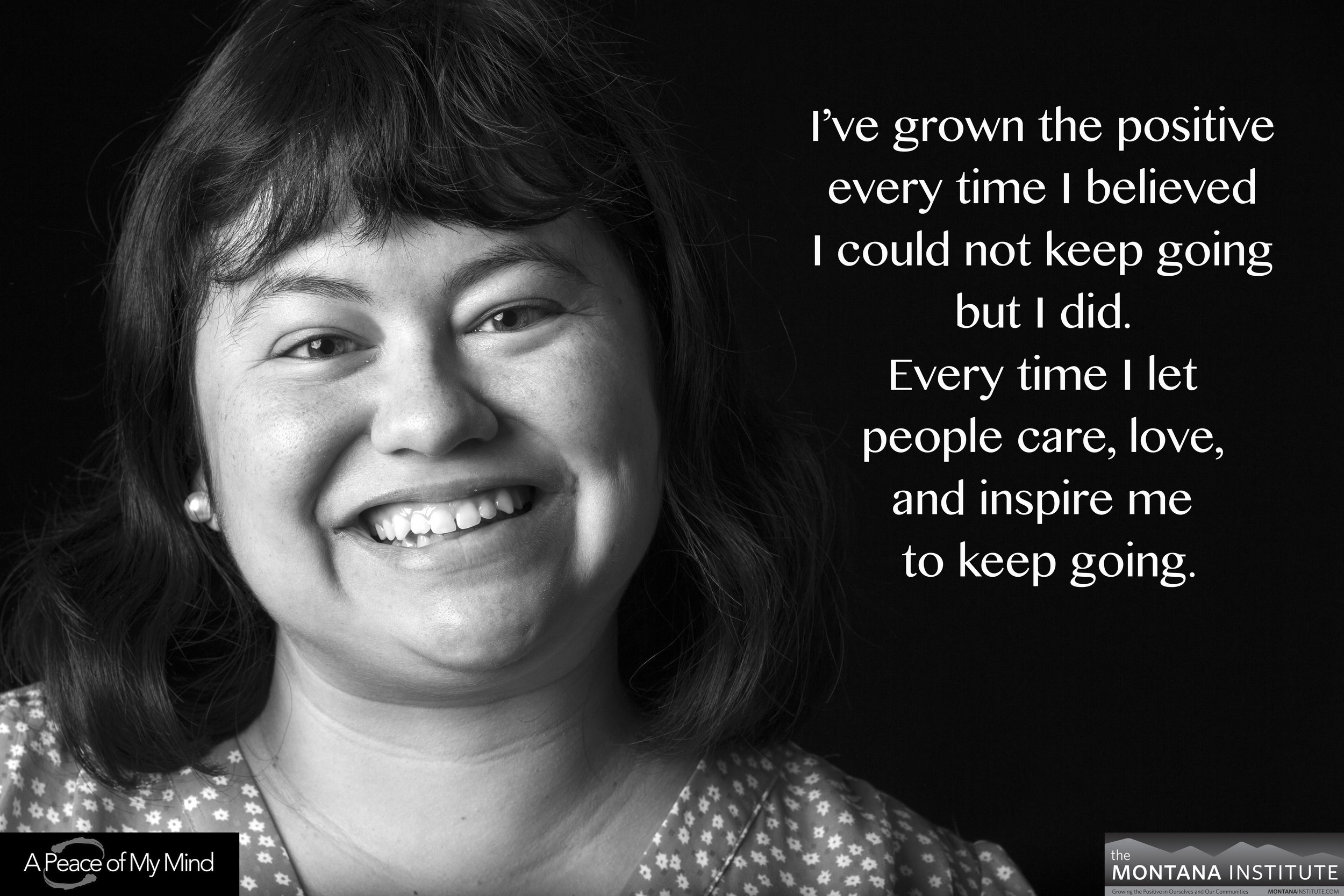Experts and Fellows
The Montana Institute boasts a deep bench of psychologists, survey experts, statisticians, and Positive Community Norms practitioners who help us develop programs and deliver trainings. We are honored to have them join us in our work.
JASON KILMER, PH.D.
HUMAN BEHAVIOR AND prevention EXPERT
Dr. Jason Kilmer is an Associate Professor in Psychiatry and Behavioral Sciences at the University of Washington (UW), and serves as an investigator on several studies evaluating prevention and intervention efforts for alcohol, marijuana, and other drug use by college students. In addition to research and teaching, he has worked extensively with college students and student groups around alcohol and other drug prevention programming and presentations throughout his career (including student athletes, fraternity and sorority members, residence life, and first-year students), both at UW and on campuses across the nation. Jason worked for 10 years as an Addictive Behaviors Specialist in the Counseling Center at The Evergreen State College in Olympia, Washington, then worked for 10 years as the LiveWell Assistant Director for Alcohol and Other Drug Education in LiveWell: Center for Student Advocacy, Training, & Education at UW (formerly Health & Wellness). As faculty in the School of Medicine, Jason continues his direct work with students through presentations for intercollegiate athletics and residence life. Jason also serves as the chairperson of Washington state's College Coalition for Substance Abuse Prevention.
Jason has been project faculty for several national learning collaboratives in the US, including NYU’s National College Depression Partnership, Dartmouth’s National College Health Improvement Program, and the NCAA’s 360 Proof project. He was one of the six members of the development team for the National Institute on Alcohol Abuse and Alcoholism’s College Alcohol Intervention Matrix (CollegeAIM).
In 2015, Jason became a Research Fellow with The Montana Institute, and has been collaborating with Dr. Jeff Linkenbach and his colleagues on a number of projects that consider the use of Positive Community Norms to impact health.
Jason was the 2014 recipient of the National Prevention Network’s Award of Excellence for outstanding contributions to the field of prevention. He was a 2017 recipient of the Sue Kraft Fussell Distinguished Service Award from the Association of Fraternity/Sorority Advisors, and was also the 2017 recipient of the Washington State Prevention Professional Award of Excellence. He received the 2018-2019 Research Award from NASPA’s Student Athlete Knowledge Community for outstanding contributions to scholarship highlighting the shared interests of athletics and student affairs. Jason has been a 2017, 2018, and 2019 recipient of the Excellence in Teaching award by the MEDEX Northwest Physician Assistant Training Program.
DARREN LUBBERS, PH.D.
SURVEY DESIGN AND DATA ANALYSIS EXPERT
Dr. Darren Lubbers has 20 years of experience in the field of Community Mental Health (CMH) and substance use prevention. He has extensive experience working on large scale Managed Care Organization (MCO) needs and gaps analysis projects specializing in assessment, utilization management, outcomes, and co-occurring substance use and mental health systems change. He also works on a multitude of Federal Drug Free Community (DFC) substance use prevention projects.
He has trained several CMH systems on SAMHSA Evidence Based Practices, and is currently lending his expertise on survey design, methodology, and data analysis to The Montana Institute on several Positive Community Norms projects, including a statewide project on underage drinking in Minnesota, a PCN messaging campaign at Arizona Dine College, and national surveys on child abuse and maltreatment prevention for Prevent Child Abuse America.
Dr. Lubbers is an adjunct professor at Wayne State University in Detroit and teaches graduate and undergraduate psychology courses. He earned his undergraduate degree at the University of Michigan, and his Masters and Ph.D. at Wayne State University.
Sara Thompson
PCN Communications EXPERT
Sara Thompson is a marketing consultant who has worked with large and small companies, non-profit organizations, cooperatives, festivals, and community events.
She was first introduced to the Science of the Positive and Positive Community Norms ten years ago; these new approaches challenged her perceptions, reignited her passion for prevention, and renewed her energy for her work. She began working with coalitions in her home state of Minnesota that were tackling the tough task of preventing underage drinking and other drug use, and has since been privileged to work alongside some of the most experienced prevention specialists in the country.
Through The Montana Institute, she offers consultation and technical support to communities who are applying the Science of the Positive process and Positive Community Norms approach to prevention.
Heather Schjenken
postive community norms guide / youth trainer
Heather Schjenken has been serving the youth of her community for 20 years as a teacher, coach, and ministry leader. As the prevention coordinator in Deer River, Minnesota, she helped usher in a remarkable community transformation.
Using Positive Community Norms, Deer River measured a 50% reduction in rates of underage drinking in just five years. As a PCN guide for The Montana Institute, Ms. Schjenken now coaches other leaders on how to apply the framework with rigor and fidelity.
Her passion is to help foster healthy communities so all young people have the opportunity to thrive.
Barbara Burbridge
SURVEY ADMINISTRATION EXPERT
Barbara J. Burbridge has been engaged in the field of survey research field for thirty years.
Her areas of expertise include project and budget management, field coordination, logistics, and the development of questionnaires, screening instruments, and training materials. She has managed thousands of projects during her career -- including research for political candidates, trade associations, corporations and non-profit organizations – and brings he knowledge of implementation, sample design, quantitative data collection, recruitment techniques, logistics and problem solving to every single one.
She has worked with The Montana Institute on everything from paper surveys of single schools to nationwide telephone polls.







